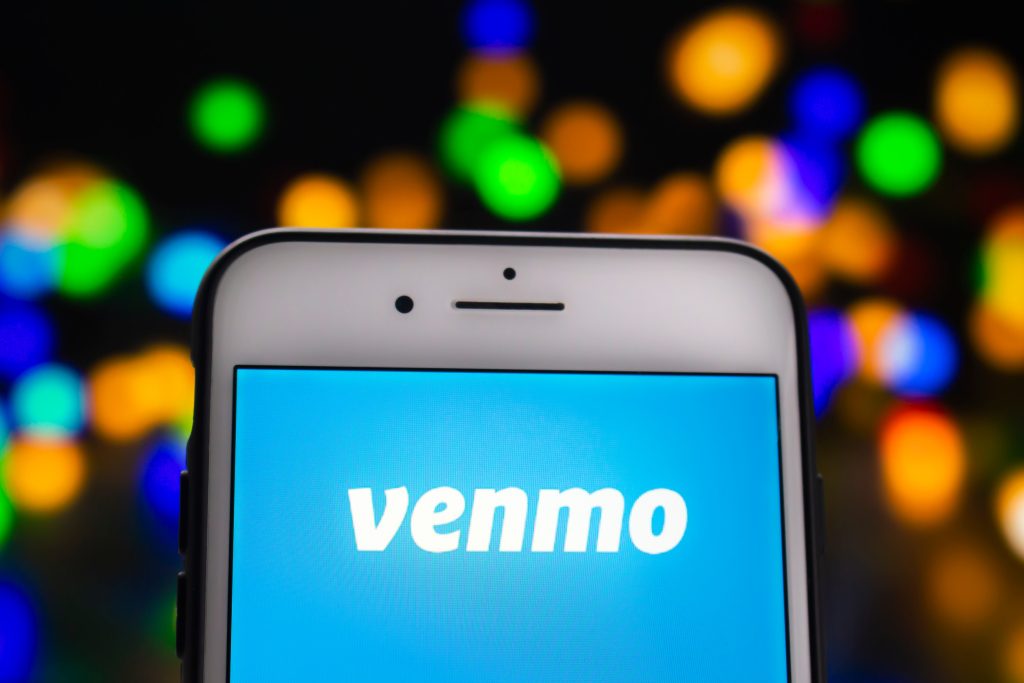
In our hyper-connected world, peer-to-peer payment apps like Cash App and Venmo feel like a necessity. Splitting a dinner bill or paying a friend back for concert tickets has never been easier. The transaction is instant, simple, and feels totally safe. But this convenience comes with a hidden danger that most people overlook.
The truth is, these platforms were not designed to be as secure as a traditional bank. They lack the robust protections you take for granted. Sending money on Cash App or Venmo, even to people you trust, exposes you to risks you might not be aware of. Here’s why you should think twice before hitting that “send” button.
1. There Is Virtually No Fraud Protection
This is the single most important reason. When you send money from your bank account via a wire transfer or credit card, you are protected by federal regulations. If a transaction is fraudulent, you have a legal right to dispute the charge and get your money back.
Cash App and Venmo payments are more like handing someone cash. Once you send the money, it’s gone. Their user agreements make it clear that they are not responsible for transactions you willingly authorize, even if you were scammed into doing so. If you accidentally send money to the wrong person or get tricked by a scammer, there is often no way to reverse it.
2. Scammers Are Everywhere (And They Love These Apps)
Scammers exploit the lack of protection on these apps. A common tactic is the “accidental payment” scam. A stranger sends you money, then frantically messages you that it was a mistake and asks you to send it back. You, being a good person, do so.
However, the original payment was made with a stolen credit card. When the real cardholder reports the fraud, the payment to you is reversed by the app. But the money you sent back is gone forever. You are left with a negative balance and are out the full amount.
3. Your Privacy Is More Exposed Than You Think
Venmo, by default, makes your transactions public. Your friends—and potentially strangers—can see who you’re paying and for what. While many users add funny emojis or vague descriptions, this public feed can reveal a lot about your habits, your social circle, and your whereabouts.
This information can be pieced together by bad actors to build a profile on you. Even if your settings are private, the apps themselves are collecting vast amounts of data on your spending habits. This data can be used for targeted advertising or, in the case of a data breach, exposed to hackers.
4. It Can Create Awkward Social Situations
Beyond the security risks, these apps can strain relationships. When you send a payment request, it can feel demanding. Conversely, if a friend “forgets” to pay you back, sending a reminder on the app can feel confrontational.
Money can complicate even the strongest friendships. The casual nature of these apps can blur the lines, making it harder to have serious conversations about financial obligations. It can turn a friendly loan into a source of silent resentment.
5. You Can Easily Send Money to the Wrong Person
Usernames on Cash App and Venmo can be very similar. It’s incredibly easy to make a typo and send a significant amount of money to a complete stranger. If you search for “John Smith,” you might find hundreds of accounts.
Once the money is sent, your only recourse is to request it back from the stranger. They have no legal obligation to return it. While some people are honest, many will simply keep the money. The apps will offer little to no help in these situations.
How to Use These Apps More Safely
If you must use these apps, follow these rules strictly:
- Only transact with people you know and trust in real life. Never send money to strangers for goods or services.
- Double-check the username before sending. Confirm the person’s handle, photo, and the last four digits of their phone number.
- Do not keep a large balance in the app. Transfer payments to your linked bank account immediately.
- Set your privacy settings to “Private.” There is no reason for your transactions to be public.
- Use a credit card instead of a debit card or bank account for payments if possible. This offers an extra layer of protection, though it may come with a fee.
Treat Digital Cash Like Real Cash
The bottom line is simple: convenience should never trump security. Peer-to-peer payment apps have a place, but they are not banks. Thinking of a Venmo or Cash App payment as irreversible digital cash is the safest mindset. When you send money on Cash App or Venmo, you are taking a risk. For any large or important transaction, stick to the proven, protected methods your bank provides.
Have you ever had a bad experience with a payment app? Share your story in the comments.
What to Read Next…
- Gas Station Card Skimmers Are Getting Smarter — What Happens If You Ignore the Signs
- Why Criminals Are Stuffing ATMs with Glue—and How It Impacts Your Cash
- 8 Strange Financial Rules That Couples Secretly Live By
- 9 Petty Money Habits That Quietly Destroy Relationships Over Time
- 10 Signs Your Partner Uses Money to Control You
The post Why You Should Never Send Money on Cash App or Venmo—Even to Friends and Family appeared first on Budget and the Bees.







